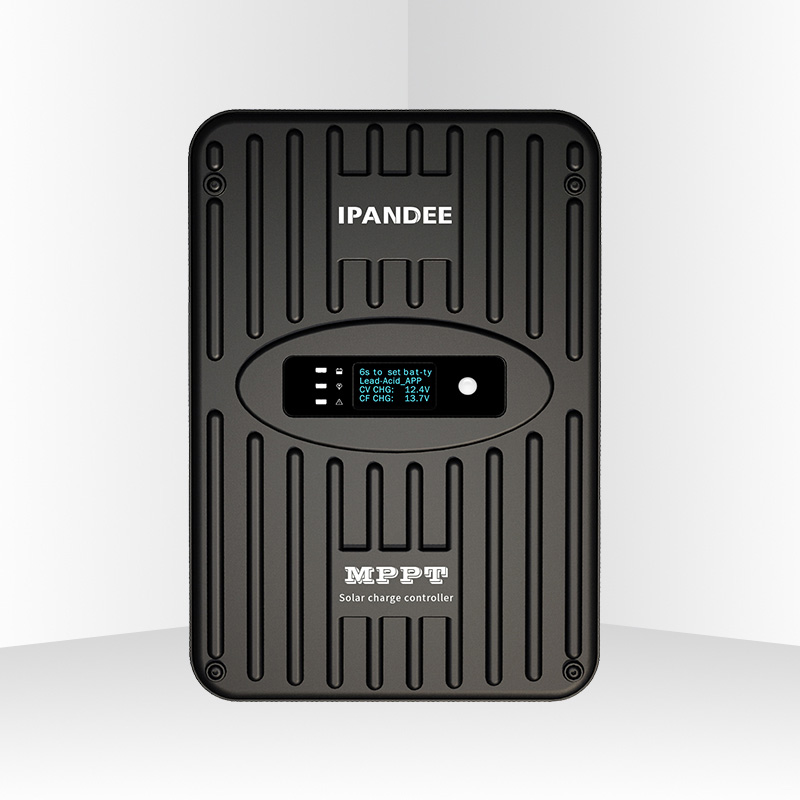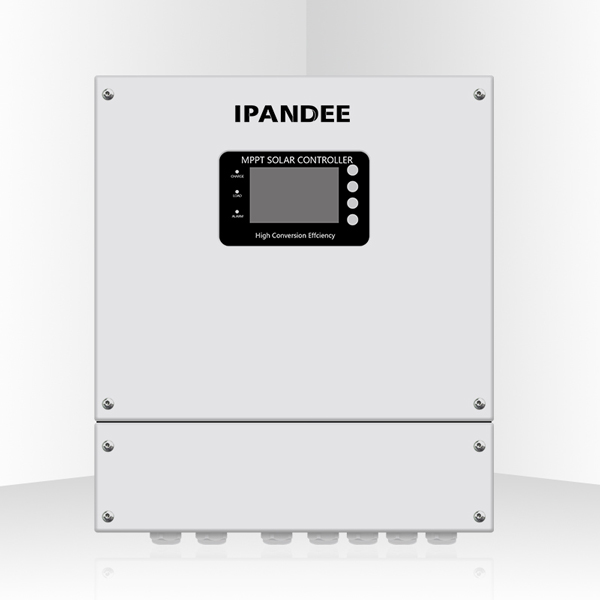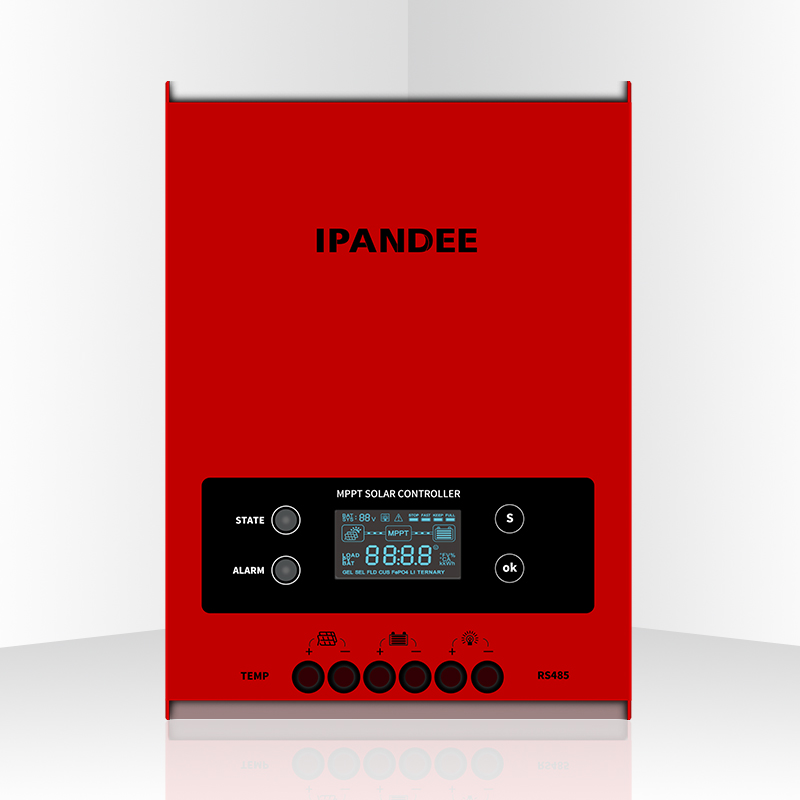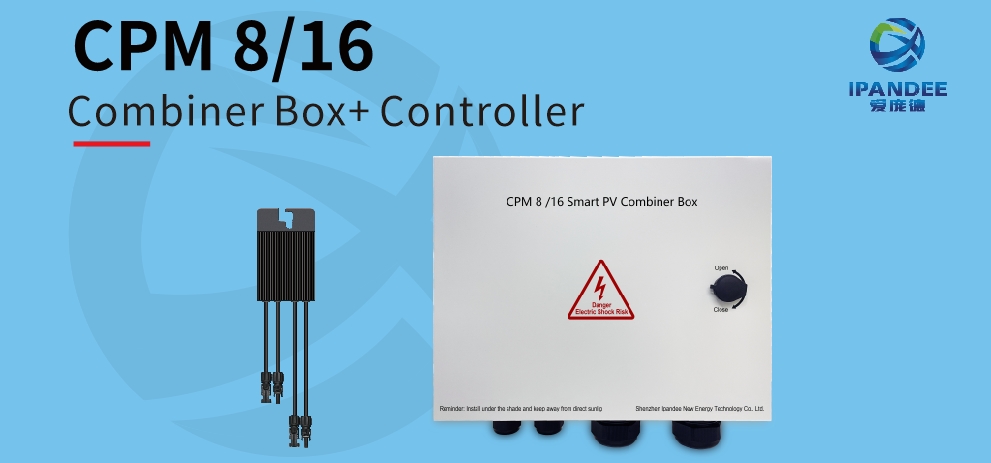You wear shoes of a small size or a large size? If they are too loose, you may develop blisters on the areas where the shoes rub against your skin, and shoes that are too tight can cause even more problems. Our Solar Charging Controllers are just like our shoes; if they don't fit properly, you are likely not going to enjoy the benefits of your solar power generation. There are many factors to consider before selecting the right Solar Charging Controller for your solar power generation system.
Types of solar charging controllers
Every time a solar power generation system is designed, an appropriate Solar Charging Controller is required to ensure that enough energy is obtained from the solar panels to charge the battery.
In addition, you will successfully protect your battery from overcharging or undercharging.
There are two different forms of Solar Charging Controllers:
Maximum Power Point Tracking (MPPT): This will obtain the maximum power from the solar panel array and is usually more expensive
Pulse Width Modulation (PWM): It slowly reduces the amount of electricity entering the battery as the battery nears capacity. This is a great low-cost choice for solar power generation systems.
How to find the right solar charging controller for your solar power generation system?
Voltage Selection. Always ensure that the Solar Charging Controller is compatible with your system voltage - the standard configurations are 12 volts, 24 volts, 48 volts, etc. This means that if you want to connect a 12-volt battery, you need a rated 12-volt Solar Charging Controller.
Select a Solar Charging Controller that is efficient enough to handle the maximum output current from the solar panel array and determine the correct current size. Here is a simple DIY formula to determine if the current is correct:
Panel wattage × number of panels = minimum current solar charging controller required.
For example, the minimum current charging controller required for a 1.5 kVA 48-volt system with a 300-watt solar panel array of four units.
According to the above formula, therefore, the closest rated value for the solar charging controller to consider would be 60A/48V. This is only a beginner's guide to selecting the right solar charging controller for different solar power generation system sizes.
 English
English  한국어
한국어  français
français  Deutsch
Deutsch  Español
Español  italiano
italiano  русский
русский  português
português  العربية
العربية  tiếng việt
tiếng việt  ไทย
ไทย  Polska
Polska  中文
中文







